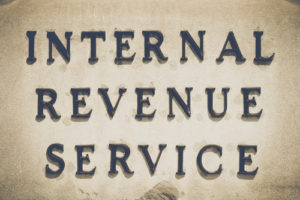Abusive Tax Shelters
A tax shelter is an investment or a business through which a taxpayer reduces his or her tax liability. Many practices that fall within this definition are perfectly legitimate, for example investing in real estate trusts and pension plans. However, when a tax shelter is designed solely for tax avoidance, it may be deemed inappropriate by the IRS, and the taxpayer who set up or used the shelter may face a penalty.
Common Types of Abusive Transactions
The IRS has published a non-exhaustive list of transaction types it considers abusive.
Common transactions on the list include:
- Guam Trusts
- Debt Straddles
- Lease-in/Lease-out transactions
- S-Corp ESOP transactions
- Off-shore deferred compensation agreements
The IRS whistleblower program provides rewards to persons who provide information on tax fraud exceeding $2 million.
Examples of tax shelters exposed by whistleblowers:
- Illinois Tool Works: An anonymous whistleblower exposed the industrial company’s illegitimate leasing and investment agreement with a Swiss bank, which resulted in the duplication of tax deductions. The whistleblower was awarded $2 million.
- Enron: A whistleblower alleged a scheme that involved the establishment of trusts and other vehicles to take permissible deductions more than once. The whistleblower was awarded $1.1 million.
Contact a Whistleblower Lawyer to Report Abusive Tax Shelters
If you have information about a potentially abusive tax shelter, please click here to speak with one of our whistleblower attorneys.



